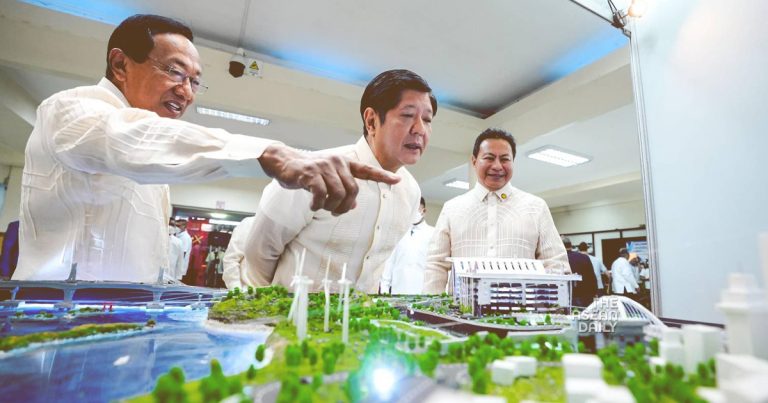30-6-2023 (MANILA) President Ferdinand Marcos Jr. has recently signed six pieces of legislation, marking his first year as the 17th president of the Philippines. However, only three of these laws align with the 42 priority bills proposed by his office’s Legislative Executive Development Advisory Council.
Let’s take a closer look at these laws:
- SIM Registration Act (Republic Act 11934): Sponsored by Senator Grace Poe, this law aims to ensure the privacy and safety of mobile users while implementing adequate safeguards. Initially, the law faced opposition, with a temporary restraining order filed against it before the Supreme Court. Despite concerns raised by the National Union of Journalists of the Philippines and other groups, the Supreme Court later dismissed the petition. Nevertheless, scammers have adapted to the law, resorting to new tactics such as text scams and fake SIM registration sites.
- Postponement of Barangay/SK Elections (RA 11935): In October, President Marcos signed into law the bill that rescheduled the barangay and Sangguniang Kabataan elections to October 2023. The legislation allowed incumbent officials to remain in their positions on a holdover capacity unless suspended or removed from office. However, the Supreme Court recently declared the law unconstitutional, although it upheld the order to hold the elections in October as stated in RA 11935.
- Attrition Law/Amendments on the Fixed Term of Armed Forces of the Philippines Officials (RA 11939): This law modifies the rules regarding the fixed terms and tours of duty of senior military officials within the Armed Forces of the Philippines (AFP). It aims to eliminate the “revolving-door policy” by establishing fixed terms for key officers. Under the new law, the chief of staff will serve a maximum tour of three consecutive years unless the president decides to terminate it earlier. Furthermore, it adjusts the compulsory retirement age for certain military ranks.
What Does This Tell Us About Congress? According to Aries Arugay, a political analyst and head of the University of the Philippines Department of Political Science, Congress appears to be lacking cooperation with the administration. Despite President Marcos having a supermajority of allies in both the lower and upper houses, there seems to be a “poor record” of realizing his legislative agenda. Arugay describes this as a confounding situation, highlighting that Marcos’ political capital is not being perceived as worthy of Congress taking action on legislation.
Only Six Laws Enacted in the First Year While Congress maintains its independence as a separate branch of government, it is expected to work towards realizing the president’s campaign promises and vision, as reflected in the bills proposed by the Marcos administration. However, with only six laws enacted in the first year, it suggests that Congress may have alternative approaches to addressing important problems, including their own priorities such as charter change.
The Controversial Maharlika Investment Fund Bill Arugay considers this bill as an unplanned initiative since it was never mentioned during Marcos’ campaign. Introducing such a bill during the campaign period could have raised concerns and distrust among the population due to the baggage associated with the Marcos political dynasty. While Congress may pass the bill with Marcos’ political capital, there will likely remain a segment of the population highly skeptical due to historical reasons.
Priorities for President Marcos Arugay suggests that President Marcos should focus on key aspects such as the economy and bureaucratic control. While some of his presidential trips were deemed necessary, others were deemed excessive. The analyst believes that Marcos has efficaciously fulfilled his direction-setting duties in his first year but failed to adequately address economic concerns faced by ordinary Filipinos. The administration should prioritize engaging with all sectors of the economy, not just big businesses.
Additionally, Marcos needs to exert control over the bureaucracy, ensuring accountability and addressing corruption issues. Lastly, he should effectively use the tools at his disposal to foster cooperation with Congress and advance his legislative agenda.
President Marcos is still in his first year, and Arugay acknowledges that the public may not currently blame the government for economic problems. However, if these problems persist in the coming years, people should be able to hold someone accountable.




